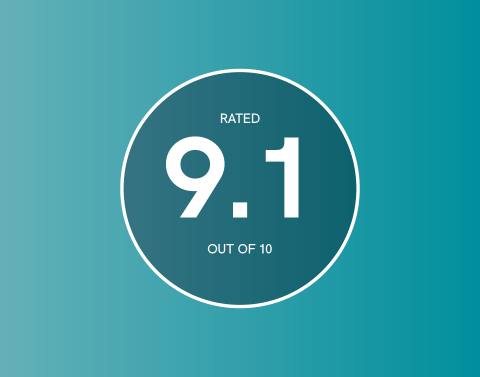A few years ago, the FCA addressed a growing epidemic in banking. Serious regulatory oversights were occurring, and the FCA pledged to explore why so many areas of business were left unaccounted for – as well as how it could restore balance to a sector plagued by issues with consistency, responsibility and compliance.
The regulator discovered an underbelly of criminal negligence and money laundering as financial institutions turned a blind eye to the origins and movement of funds. Department heads were seen to be remiss, but not held personally responsible, and it was the organisations that had to pay the ultimate price: multi-million-pound fines. In light of its findings, the FCA called for market-wide reform.
Cue the Senior Managers Regime: a framework laid out by the FCA to transform due diligence in banks. It was a time of significant change in the industry, overhauling so-called best practice by imposing penalties on firms and individuals in breach of FCA standards. On the surface, the premise seemed simple: incentivise good governance to reduce the likelihood of people operating beyond the scope. But the objective would prove far more complex to achieve than first anticipated.
For starters, different teams would need to be judged by different criteria. In compliance functions, SMF16 was the standard, while in money laundering, SMF17 ruled the roost. Secondly, compliance would be assessed by specialist contractors, brought in to define responsibility and place punitive measures on individuals in positions of authority. It required huge investment from banks to resource the relevant professionals, not only capable of evaluating compliance, but enforcing it.
Senior Managers also highlighted a need for tighter controls elsewhere, as the FS market rounded its attention on the asset management space. In what we believe will be a process that largely mirrors the activity in banking, asset managers will soon be put under the same microscope.
“Big organisations will do well to bring on dedicated contractors with banking experience – individuals who can steer their compliance projects in the right direction from day one,” comments Dominic Reilly, Consultant, and resident banking expert at Oliver James. “Of course, the scale of these institutions makes the agenda more intricate, as they require defined areas of expertise across all functions. This a multi-faceted project in itself, and one that should not be underestimated from a hiring perspective.”
In smaller firms, it may be wiser for firms to develop talent in-situ, enhancing current roles rather than sourcing additional specialists at a premium. This could result in individual moves from one area to another, and contractors being enlisted to fill the gaps. “For many companies, this will be an affordable way of meeting regulations without compromising existing skill sets.”
The race towards compliance presents a diverse and time-consuming consideration for any firm, demanding contractors with gravitas, confidence and strong stakeholder management skills. Permanent roles will also come into the fold, as individuals are brought on to pick up the implementation over the long-term.
PSD2 is another regulation making waves, though where this will take the market remains ambiguous. Targeting the retail banking and fintech space, it’s set to transform payments, data processes and visibility for end users, while allowing third-party companies to come in and advise consumers on financial management. This will no doubt drive opportunities for smaller start-ups to piggyback off traditional institutions, forcing banks to address issues with the service they deliver to customers.
“This will lead to fresh ideas in terms of retail banking recruitment, with forward-thinking institutions trying to attract digital talent from start-up environments,” says Dominic. Conversely, demand in this area is outstripping supply, as the candidate pool is fledgling. “People tend to go down a different route and pick up digital skills along the way, which means junior candidates can access top-tier opportunities and salaries. One thing’s for sure, it’s a great time to be a fintech specialist.”
Outside of a regulatory landscape in flux, the introduction of data analytics into banking is having a marked impact on compliance functions. This represents a growing trend of institutions looking to automate processes that are traditionally carried out by big teams, shifting their workforce towards the software development route. “Some of our clients have had to bolster numerous areas of business to ensure the regulator is happy with the steps they’re taking. But building out teams that have programming languages and financial crime knowledge is a tall order, where a major priority is management consultants with coding experience.”
Since this is such a finite candidate profile, many firms are either training juniors or targeting Big-4 data analytics teams that are leading charge as this is a major area of concentration in the next few years. Ultimately, businesses are having to think on their feet in terms of where they’re sourcing talent.
Where Oliver James can help is in our sector-specific acumen, with well-connected data analytics teams offering solutions less technical agencies can’t rival. “We have access to, and understanding of, practice firms and the Big-4, so we know how they work and where the biggest skills gaps are in the market.”
For a confidential discussion of your requirements, please contact Dominic Reilly today on +44 (0) 203 861 9151 or dominic.reilly@ojassociates.com.




